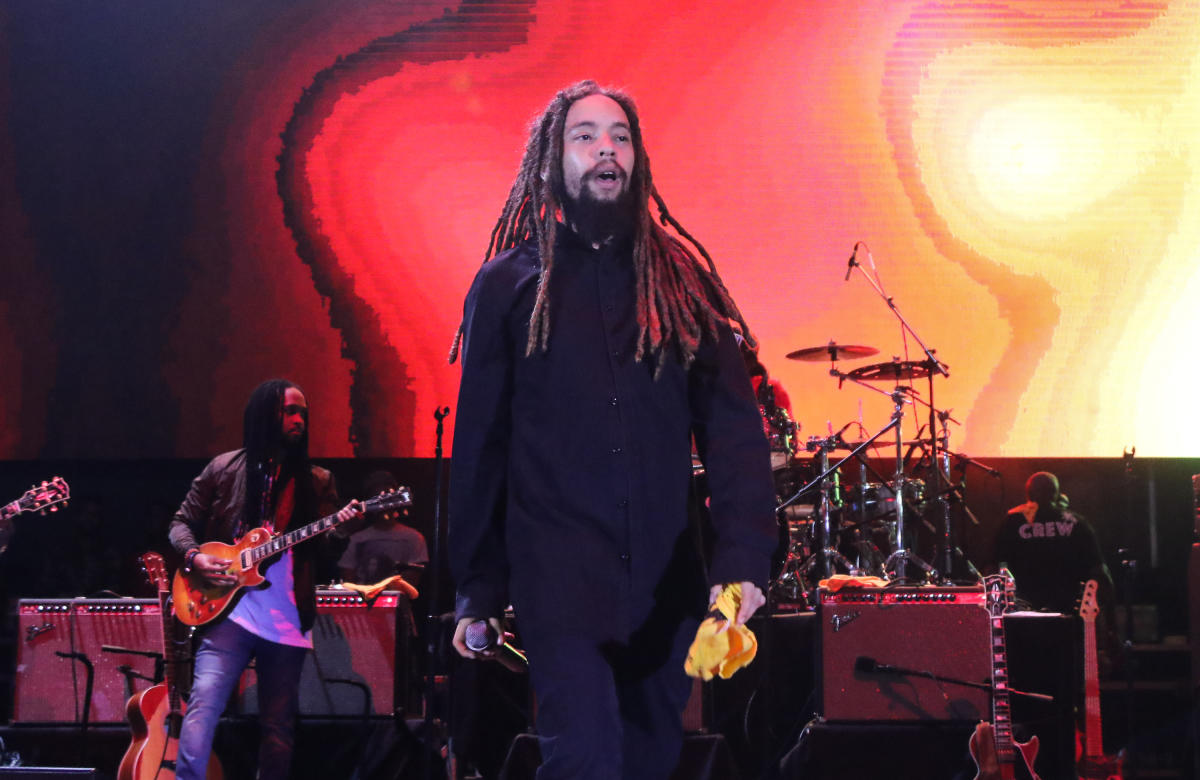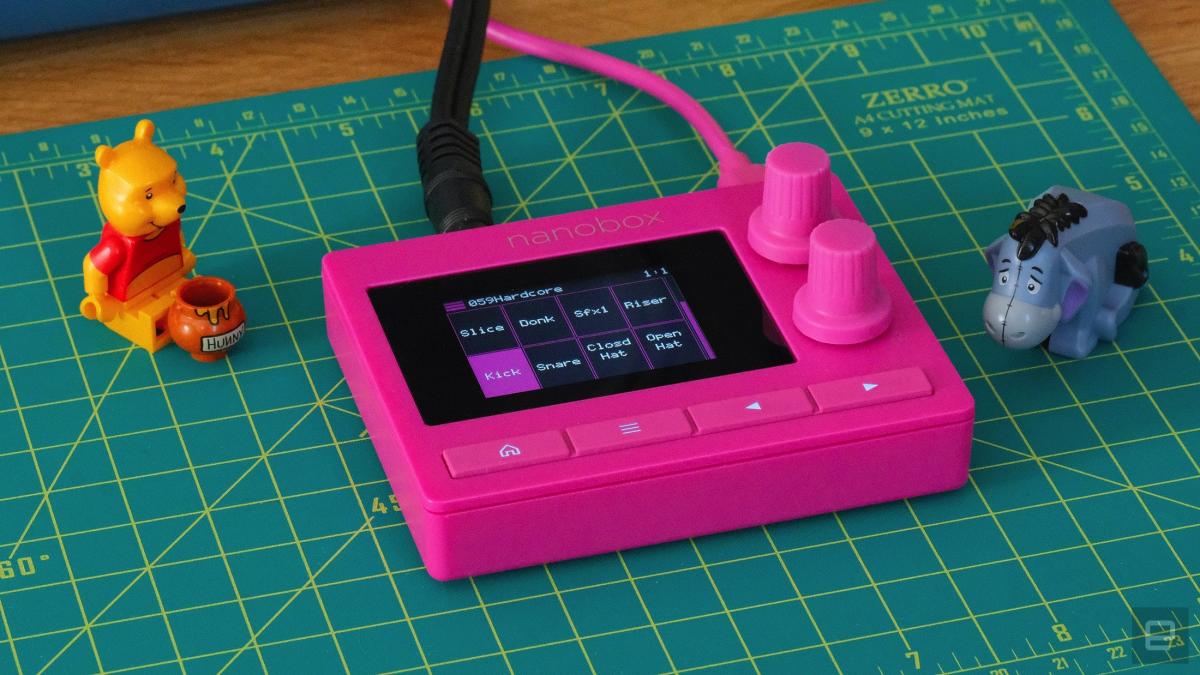One is known to produce “fireballs” while the other has bright shooting stars with “lingering trails”.
Fellow astronomers, rejoice!
November is a good month to keep your head up, as long as it doesn’t rain cats and dogs.
Not only will Vancouver skywatchers get to see the peaks of two meteor showers this month, but they will also be able to view a full lunar eclipse and the tail end of a third meteor shower.
The Orionid meteor shower started on September 26 and will continue until November 22. The medium-strength rain peaked October 20-21, producing about 10-20 shooting stars. In exceptional years, they can produce up to 50 to 75 per hour.
The North Taurid meteor shower starts as early as October 13 and continues until around December 2. It will peak between November 12 and 13.
In a previous interview, Jennifer MacDonald, an astronomer at HR MacMillan Space Centre, said Vancouver is awesome that although the shower meteors have a slower rate (about five of them appear every hour), they are made of a “heavier material”, which “increases the possibility of fireballs a bit” .
It could also be a big year for the Northern Taurids. The AMS notes that “there appears to be a seven-year periodicity with these fireballs. 2008 and 2015 both produced notable fireball activity. 2022 could be the next opportunity.”
Unfortunately, the moon will be around 88% full at the height of the shower, which could make it harder to observe.
What is a fireball?
The American Meteorological Society describes a fireball as a “very bright meteor” that has about the same brightness as the “planet Venus in the morning or evening sky.” Additionally, some people report seeing bright colors because the brightness is “great enough to be well within the range of human color vision.” Some of them even report hearing “sonic booms and electrophonic sounds”, although very rarely.
In order to see the Taurid Shower, skywatchers must look for the constellation Taurus, MacDonald said. “Seek Orion’s Belt, then go northeast and look for the bright red star, Aldebaran.”
The Orionid shower is seen everywhere on Earth and is considered a “medium strength shower”. Space.com notes that “If you find Orion’s form, the hunter, the radiant (or origin point) of the meteor shower will be near Orion’s sword, slightly north of his left shoulder. (the star Betelgeuse).” That said, meteors from the shower radiant will have shorter tails, so it’s best to look slightly away.
Leonid meteor shower in the sky over Vancouver
After the total lunar eclipse and the peak of the Northern Taurids, Vancouverites will have the opportunity to witness the finale of another meteor shower in the city: the Leonids.
The Leonid meteor shower kicks off on November 3 and continues through December 2 and is popular for producing five “meteor storms” in the past 200 years. Although one isn’t scheduled for 2022, there could be “good displays” of up to 100 shooting stars per hour, according to the American Meteorological Society.
The Leonids are also popular for producing “bright meteors with a high percentage of lingering trains”.
You can catch the Shower Peak from November 17-18.
Fall meteor shower 2022 Greater Vancouver hunting tips
To fully enjoy the spectacle, here are some tips for meteor hunting:
- If possible, stay away from city lights, as fainter meteors are hard to see. To increase your chances of spotting shooting stars, search for dark skies in the countryside.
- If you must use a flashlight, place a red filter over the bulb (a red balloon will do). White light is very blinding and can affect your night vision.
- Dress warmly. It’s always a good idea to bring warm clothes (even winter ones).
- Sit back and relax on a lounge chair or lay down on a blanket. Not only is it much more comfortable to observe sunset stars, but you will also see more of them this way.
- Bring a thermos of hot chocolate or coffee – it will come in handy if you start to fall asleep or get a little cold!
- Be patient. It may take a while before you see your first shooting star. Don’t give up too soon… it’s worth the wait!
Find out how to see the rare “beaver moon” total lunar eclipse.
#tops #dazzling #meteor #showers #Metro #Vancouver



